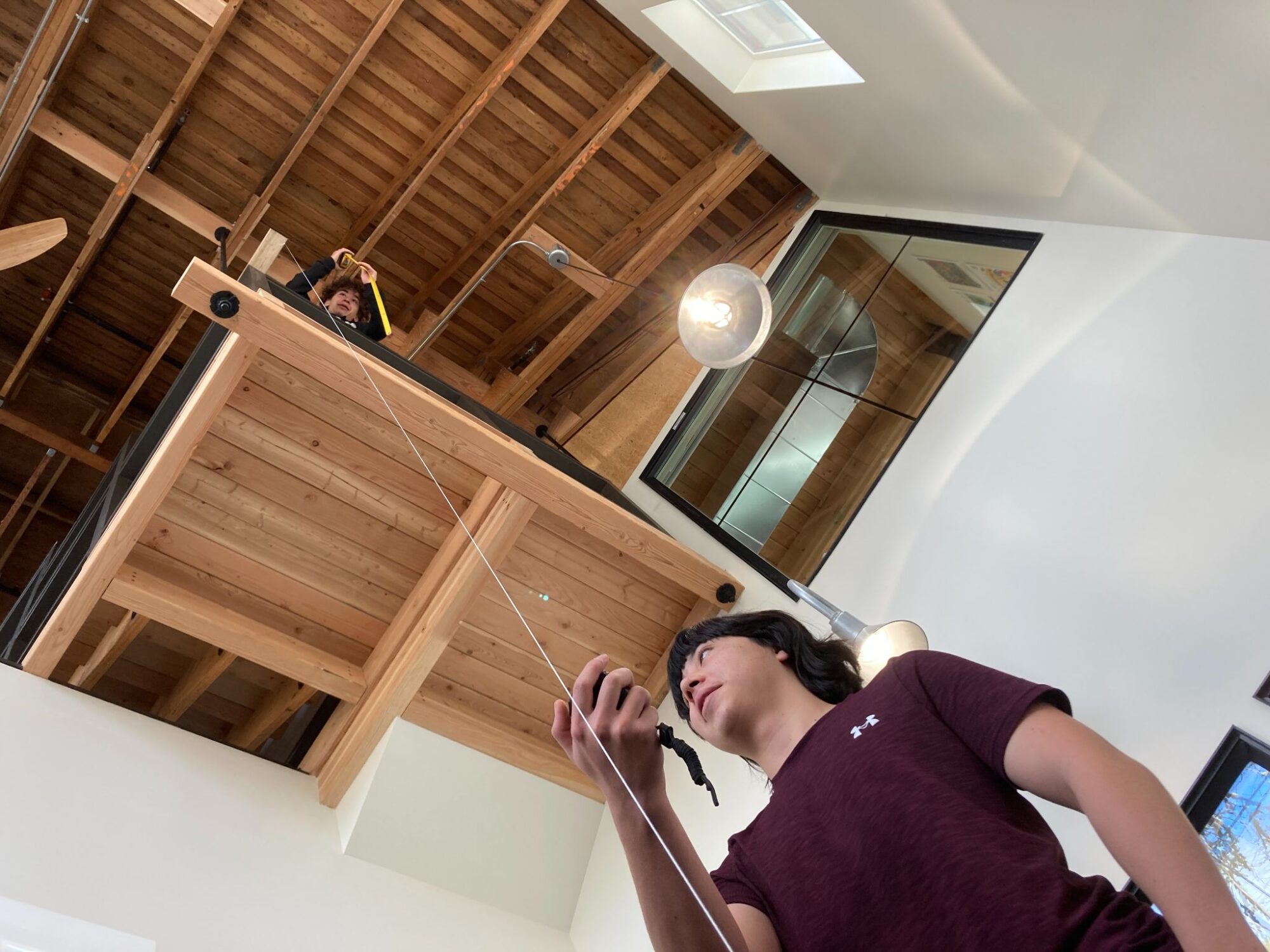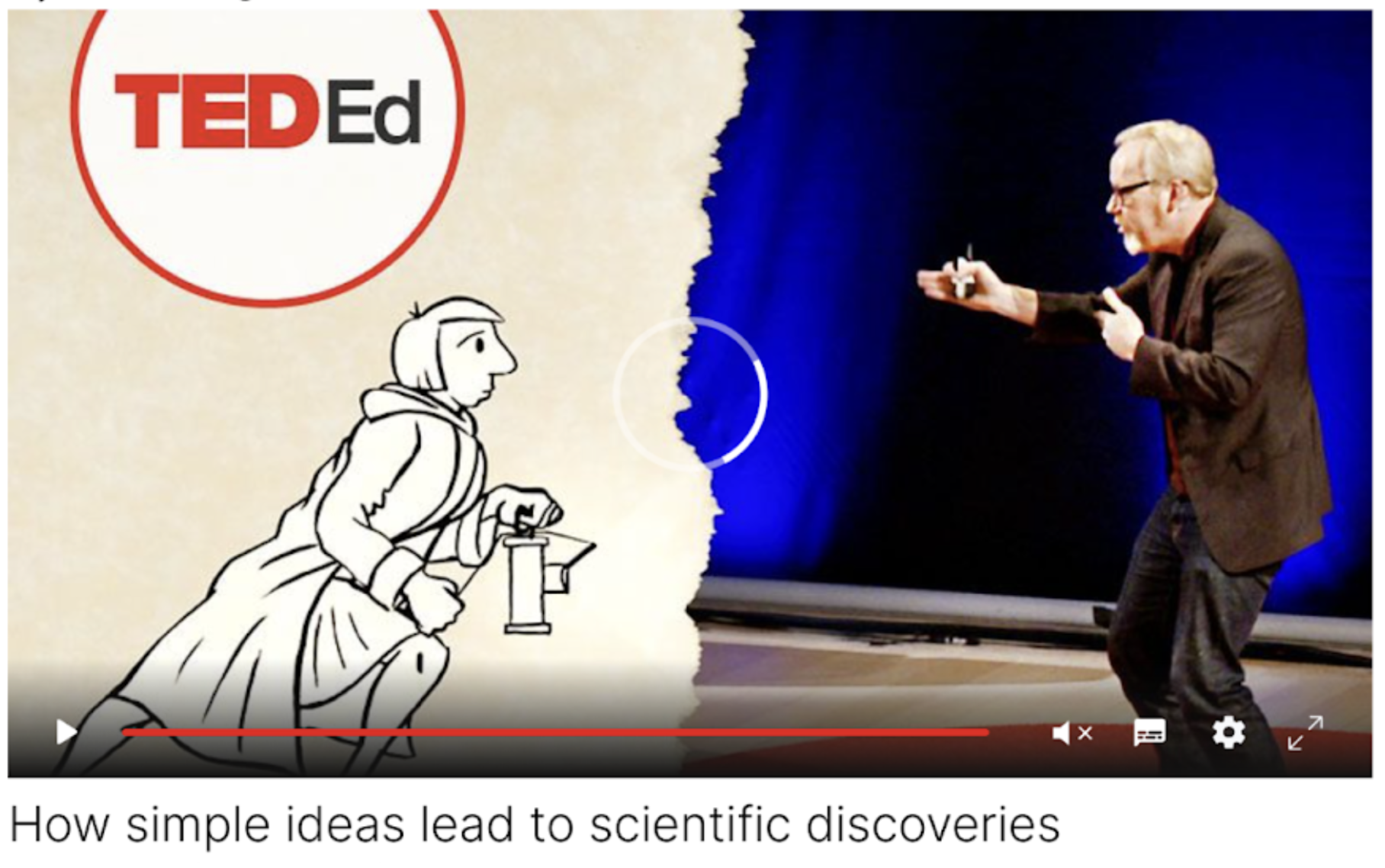Hyla Stories
History & Philosophy of Science

By Brad Waugh, upper school Math teacher.
This semester, our students embarked on a new Aperture class called Worldviews: The History & Philosophy of Science where they dive into pivotal moments in scientific history, unraveling the philosophical and social impacts of groundbreaking discoveries. The aim is to foster an understanding of the dynamic, and often fractious, interplay between philosophy and science.
We kicked off the Aperture by delving into the concept of “the scientific method.” Students were intrigued to find that there are numerous interpretations of this method across various sources – including their own experiences in science courses, textbooks and online. Rather than confining science to a single formulaic approach, students began exploring the underlying theories of knowledge that distinguish science from other realms of understanding. To reinforce this approach, students are now tracing the evolution of scientific knowledge and methods through historical examples. Check out this snapshot of a student-generated wiki-doc capturing the terms and concepts emerging in our course discussions.
Inspired by this high energy talk by Adam Savage, of Mythbusters fame, students have begun to identify historical experiments that interest them and could be replicated. Some experiments under consideration include Eratosthenes’ measurement of the Earth’s radius, Pasteur’s disproof of the spontaneous generation of life and Young’s double slit experiment illustrating the wave nature of light, among others.

We’ve already begun conducting experiments, starting with a recreation of Galileo’s 1602 study on the simple pendulum. Galileo’s pioneering experimental approach revolutionized the scientific method, shifting it away from mere hypothesis and logic towards experimentation and mathematical modeling. The insights gained from Galileo’s work not only enhanced our understanding of pendulum motion but also laid the foundation for advancements such as the pendulum clock, crucial for accurate timekeeping until the advent of the quartz clock in 1927.
As the semester progresses, students will embark on a final project where they’ll apply the concepts and frameworks learned. They have the option to interview a scientist about their analytical methods or delve into a current scientific issue, such as:
- The impact of gender bias on medical research
- Is the multiverse a scientifically meaningful concept?
- An indigenous science approach to forest management
- The social ramifications of the search for extraterrestrial life
- Indigenous knowledge and the archeology on Turtle Island
- The quest for the “Theory of Everything”
- Dangerous ideas in science: From Galileo’s cosmology to sociobiology & artificial intelligence research
- The Seagulls: How ethology impacts social policy
- Emergence vs. reductionism
- The “End of Science” debate
- Choose an area of current scientific research: genes and life, LIGO, JWST, the neuroscience of consciousness, the climate crisis…
Our journey through Worldviews promises to build students’ toolkits for critical thinking as they explore the rich history of science and its philosophical underpinnings.

